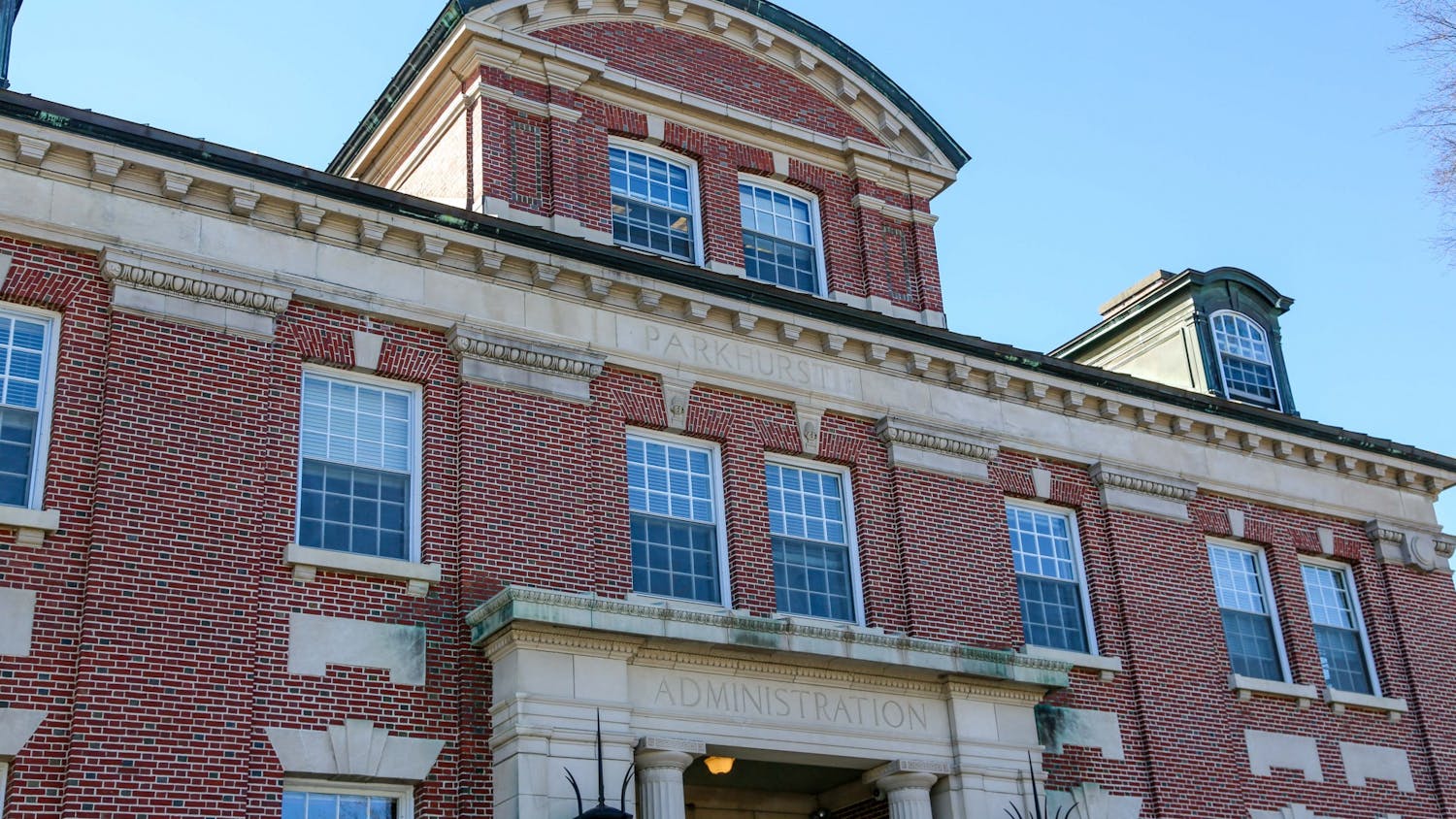With winter term course selection coming up soon, it’s time for Dartmouth to rethink its decision to continue holding the majority of classes over Zoom. Currently, there are only 23 fully in-person classes offered. While there are only a limited number of classrooms able to hold socially distanced classes, there are 36 spaces on campus that can hold more than 13 socially distanced students at any given time. Dartmouth should fully utilize these spaces to provide students with a break from the strain of Zoom classes. The way forward is clear: Dartmouth should hold as many in-person classes as possible next term.
There is already considerable evidence to suggest that virtual classes are significantly worse than in-person classes for both learning and mental health. Conducting classes over Zoom causes students to experience mental exhaustion and difficulty concentrating for long periods of time due to “Zoom fatigue.” And it’s not just students who suffer from virtual classes. Professors too are forced to adapt their lesson plans to fit virtual delivery methods and suddenly go without the usual back and forth of a classroom. Popular sentiment reflects this reality, and a petition on Change.org calling on College President Phil Hanlon to allow more in-person classes has garnered more than 200 signatures so far.
Many other colleges and universities have successfully implemented in-person classes this year. Colby College, which has almost 2,000 students and is located in a town of about 16,000, is holding in-person classes. Compare that to Dartmouth, which — after accounting for students who have “disappeared” from campus — probably has about the same number of students currently approved for on-campus privileges and is located in a town of 11,500.
Strikingly, Colby has had the exact same number of cases as Dartmouth — 13 — despite allowing its students to attend classes in person. Furthermore, outbreaks at other colleges — the University of Notre Dame and the University of North Carolina at Chapel Hill, for example — were caused not by in-person classes, but rather parties at off-campus residences or Greek houses. In-person classes, as Colby demonstrates, do not lead to these outbreaks. With the restrictions on social gatherings, travel lockdowns and constant testing that Dartmouth has implemented, the risk of an outbreak has already been minimized as much as possible.
That is not to say in-person classes present absolutely no risk of spreading COVID-19. But Dartmouth has never attempted to blanket ban socially distanced, COVID-19 safe gatherings. Given that Dartmouth allows 26 classes to meet fully in person, the College clearly finds in-person classes acceptable. These classes are valuable opportunities for students to connect with their classmates. Taking online classes from a dorm room is far more isolating and can also be detrimental to students’ mental and physical well-being. According to the American Psychological Association, social isolation and loneliness lead to increased anxiety and depression in students.
In-person classes pose almost no risk to the Hanover community, which is why Hanover High School is currently allowing its students to attend in-person classes. Dartmouth has the resources, restrictions and cleaning procedures in place to offer more in-person classes in an equally-safe fashion.
In order to limit interactions that could spread the virus, Dartmouth has chosen to keep students as isolated as possible by holding classes over Zoom. This is despite evidence from other colleges showing that in-person classes present an incredibly low risk of spreading the virus.
While it is too late to have professors change their course designs more than halfway through the term, it is more than possible for more in-person classes to be implemented this winter. Dartmouth bombards students with emails and platitudes claiming that it cares about their mental health and education. If there is any substance behind that, Dartmouth should reconsider what the next term will look like for students taking classes on campus.
Thomas de Wolff '24 is from St. Louis, Missouri, and is majoring in History and French. He currently serves as opinion editor and as a member of the Editorial Board, and has written for the opinion section in the past. Outside of The Dartmouth, Thomas enjoys playing guitar, reading, and learning to juggle.



